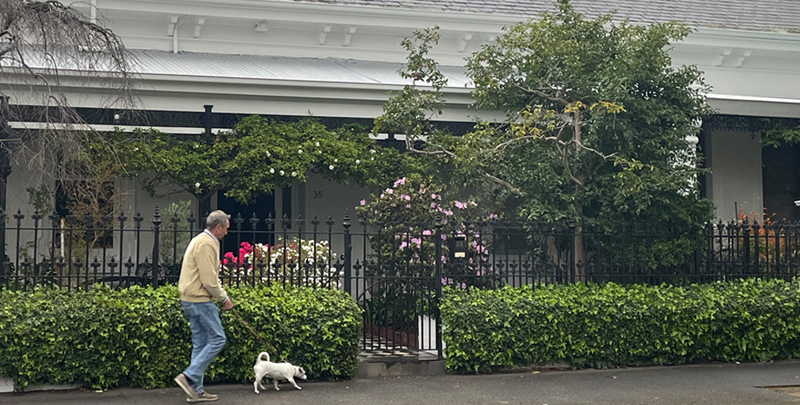As the old adage goes, home is where the heart is.
And while that certainly makes sense for owner occupier purchasers wanting to remain in the same community they have grown to know and love, the same mentality shouldn’t always be applied to investment property purchasers.
Good times and memories aren’t the long term returns you’re after when investing, so personal preferences and local connections shouldn’t cloud cold, hard financial decision making.
So let’s look at some of the pros and cons of buying an investment property where you live.
Pros
The key benefit of buying in the area you live, is the local market knowledge that comes along with it.
As a local, you should have a very clear understanding of how the suburb’s property market has been travelling – whether there’s been a rising or falling market.
You should also have good knowledge of the major neighbourhood attractions and detractions – as in which streets are sought after, and which are best avoided.
Other valuable local knowledge could include major projects, upgrades and ongoing services, such as public transport and schools that could make particular areas more attractive. On the flipside other areas may have more limited access to key infrastructure and services.
Insight into property type preferences is also important. Apartments may be a good buy in inner-suburban locales, but are often best to steer away from in country areas.
Meanwhile, particular property styles can be especially sought after in certain suburbs. While that could mean there’s a preference for Victorian styles over Art Deco in one suburb, the reverse could be true in another locale.
Ease of management is another benefit of buying locally. Living near an investment property means you can easily walk or drive past to monitor the property’s upkeep and management. This can remove the heavy reliance many owners have on property managers, and helps you step in faster when things need to be repaired, upgraded or issues need to be solved. You might even be able to carry out some of the maintenance and upkeep yourself.
For those who are less handy, local contacts and relationships within the area you live, can provide great connections to trades and services that can be capitalised on, to ensure prompt and good value service.
Cons
Clouded judgment can be an issue when buying in the area you live. While you may have strong community ties to the area, that could create blind spots as an investor.
Often that means only seeing the good in a property and suburb, while overlooking negative attributes that may hurt future capital gains and rental yields.
This can lead to buyers making emotional decisions rather than financial decisions, which is the key difference between buying a home and an investment property.
Diversification is also another important factor. It can pay to spread out your investment properties geographically – hedging your risk.
As such, owning two properties in close proximity, influenced similarly by market trends can leave investors vulnerable.
Having said that, it’s still possible to diversify within the same suburb – for example, if one property is a large family home and the other is a smaller villa unit. However, not all suburbs offer an array of different property types, so in some cases diversifying geographically may be necessary.
Not all suburbs are suited to property investment. Strong performing investment properties usually require three attributes, scarcity, strong underlying land value, and multi multifaceted demand.
For example many outer suburban areas are very focussed on residential estates. These are often large detached dwellings of a similar type, on smaller blocks. While they may make great places to live for young home buyers with families, they aren’t often great for investment purposes.
That’s because good investment properties need to have multi-faceted demand among a number of different buyer categories, which include families, first home buyers, investors, young professionals, down-sizers, up-sizers and developers.
Not all areas have a strong rental demand. While you may enjoy living within the community, prospective renters may have a different perspective.
Quite often you’ll find that areas are attractive to owner occupiers, because they are relatively affordable, but the rental market in that area is not strong, as renters can afford to be more transient and choosy when deciding where to live.
Owner occupiers are quite often prepared to forgo certain services and lifestyle attributes, because they have the ability to own a home.
Take home message
At the end of the day, knowledge is a critical component of good property investment decisions, no matter how it’s acquired. Whether that’s through years lived in a particular suburb or scanning the internet to gain an in depth knowledge of a target market area, miles from where you live.
However, with the right approach and correct due diligence either avenue can deliver a highly successful investment property – whether that’s over the street, or over the state border.

